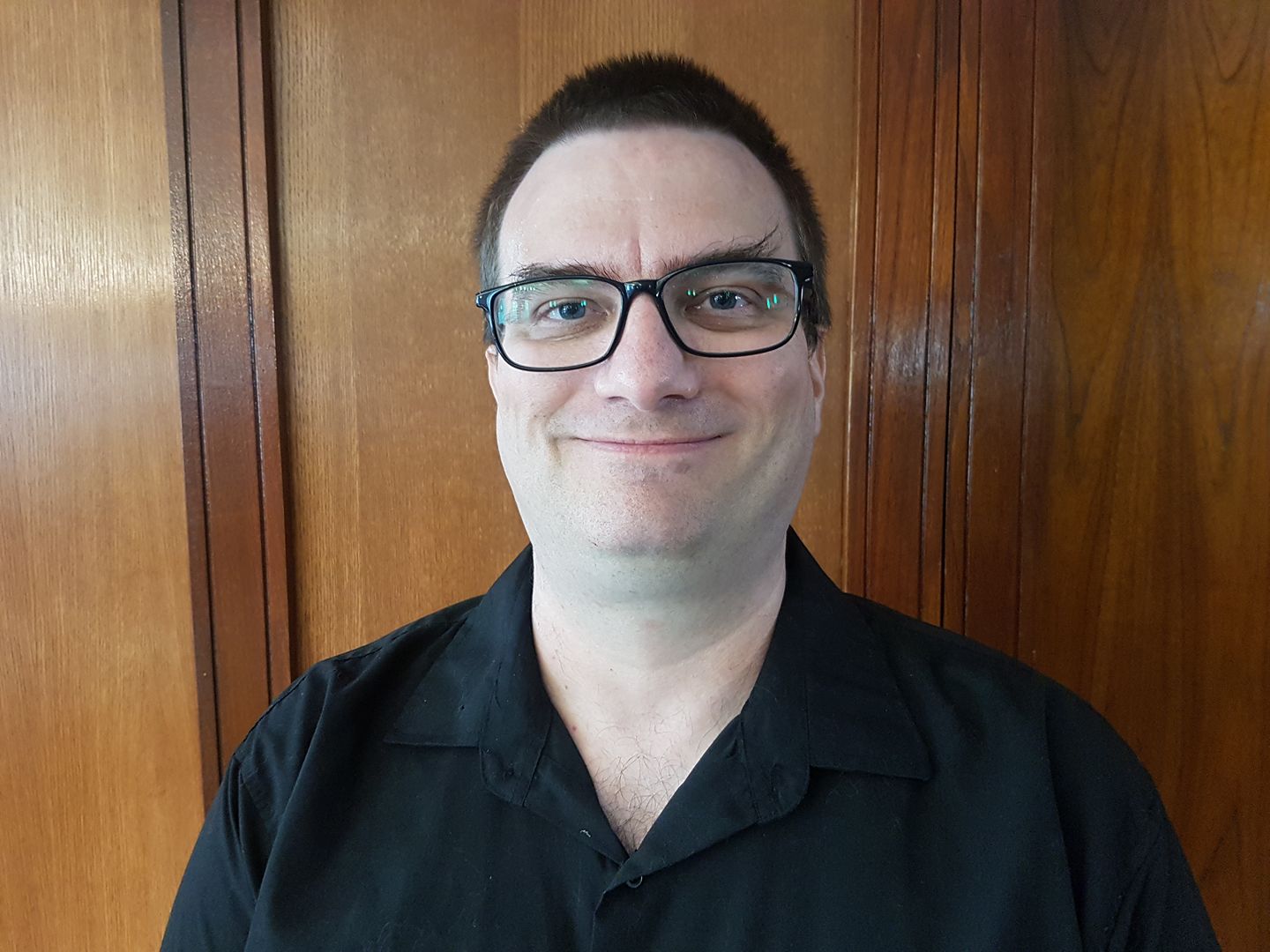The Practice of Using Language Models: A Look at the Common Challenges and How to Overcome Them
Presented by: Dr. Jason Bernard, Athabasca University, Canada
Join us in navigating the practical challenges of working with language models
Language models (LMs) have become increasingly popular for both
industrial and academic applications, thanks to their ability to
generate high-quality media from textual or visual prompts. Despite
their widespread use, working effectively with LMs presents a number
of complex challenges that are often underappreciated until
deployment. This tutorial aims to explore these challenges in depth,
focusing on practical decision-making and implementation challenges
when using a LM.
First an overview of popular LM families, such as Gemma, Llama, and
DeepSeek, is provided. This is followed by addressing decisions and
practices for model selection. The tutorial then covers challenges
surrounding training data, which is a key component to specializing a
LM for research or application. Creation of training data (extraction
from data sources), formatting, and the impact of granularity is
discussed. The seven most common prompt styles are examined, with a
focus on how to guide behavior through prompt structure. The section
on prompts also discusses prompt generation, comparing manual prompt
engineering with automated prompt generation. Finally, some of the
complexities of working with LM outputs, including evaluation metrics
and post-processing techniques.
Throughout examples using in Python using PyTorch are provided in a
multi-GPU environment context.
Biography
Dr. Jason Bernard is an Assistant Professor of Computer Science at Athabasca University. He holds a PhD from the University of Saskatchewan and has completed postdoctoral research at McMaster and Athabasca University. His work focuses on grammatical inference and educational technology, including a breakthrough on a longstanding open problem in grammar learning. Prior to academia, he served in the Canadian Armed Forces and spent a decade in software development, pioneering the use of AI for internet routing and lead generation.
IEEE SWC 2025 Colocated Conferences
IEEE ScalCom 2025
The 25th IEEE International Conference on Scalable Computing and Communications
ViewSponsors



